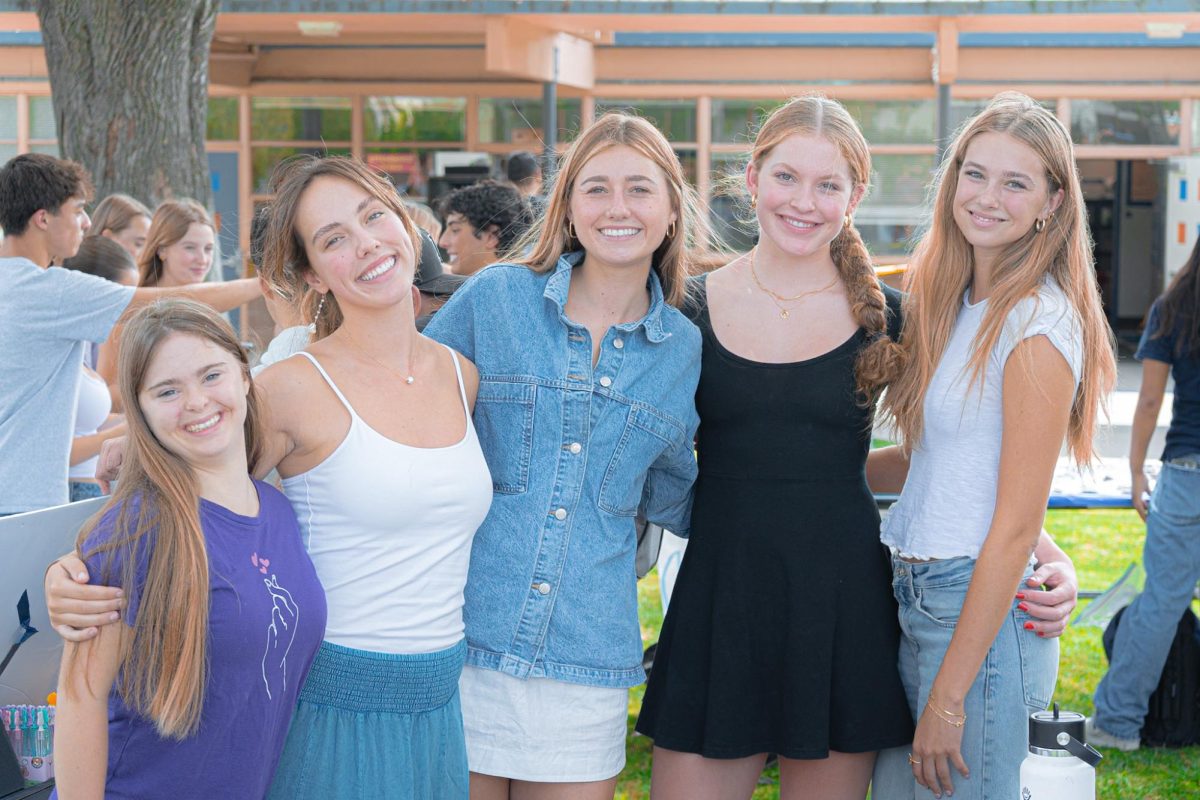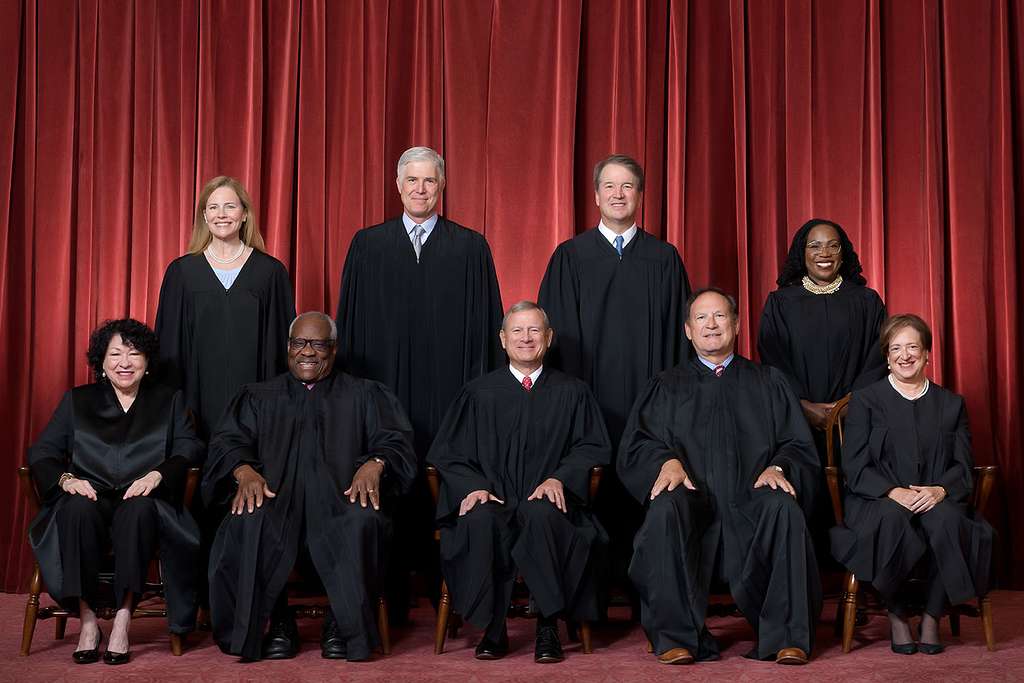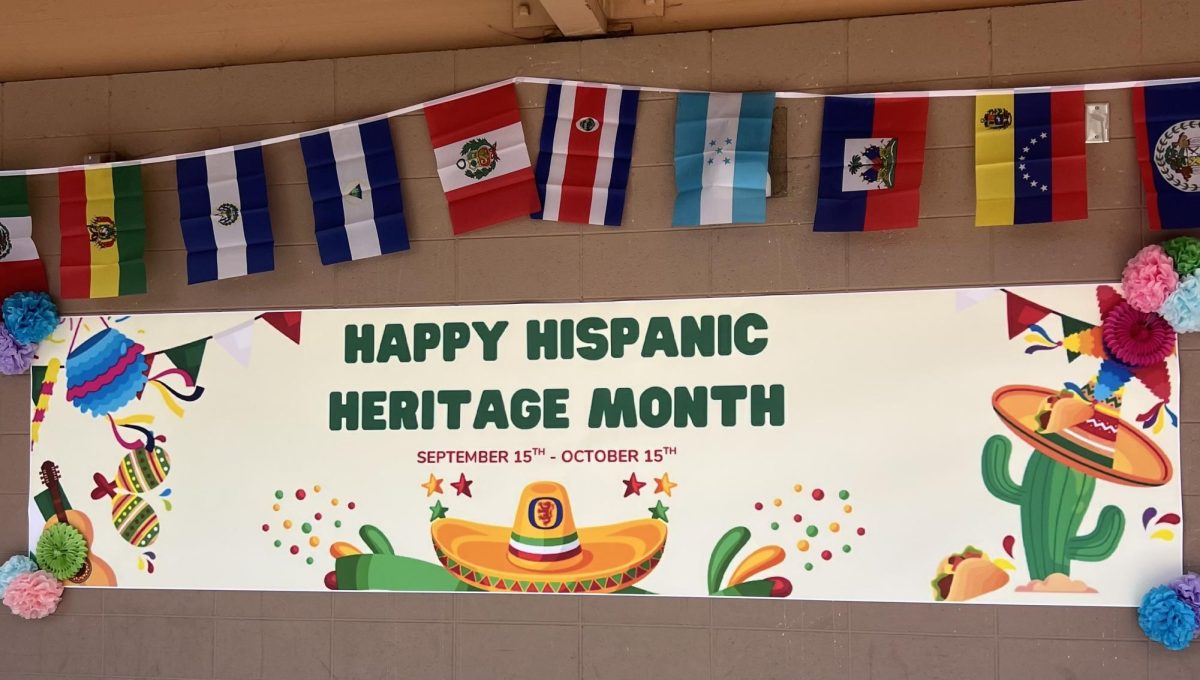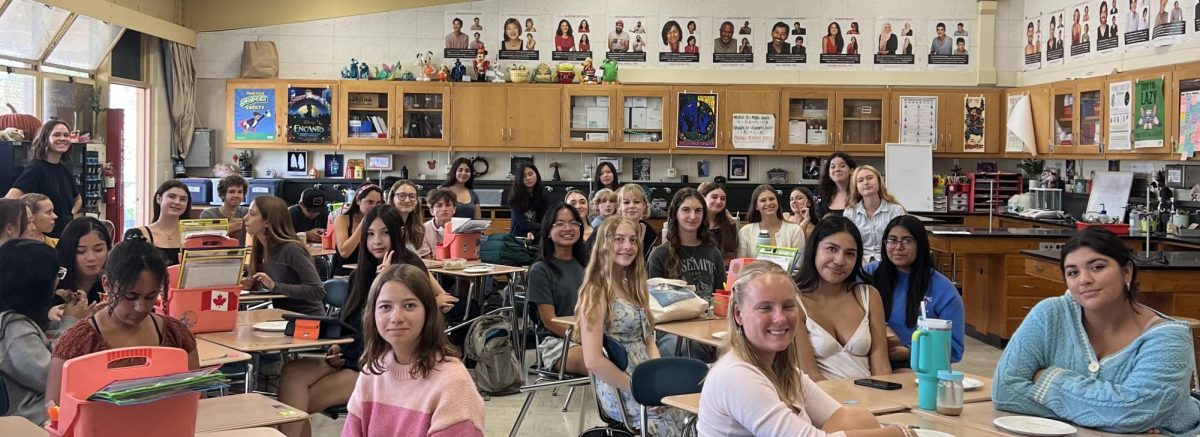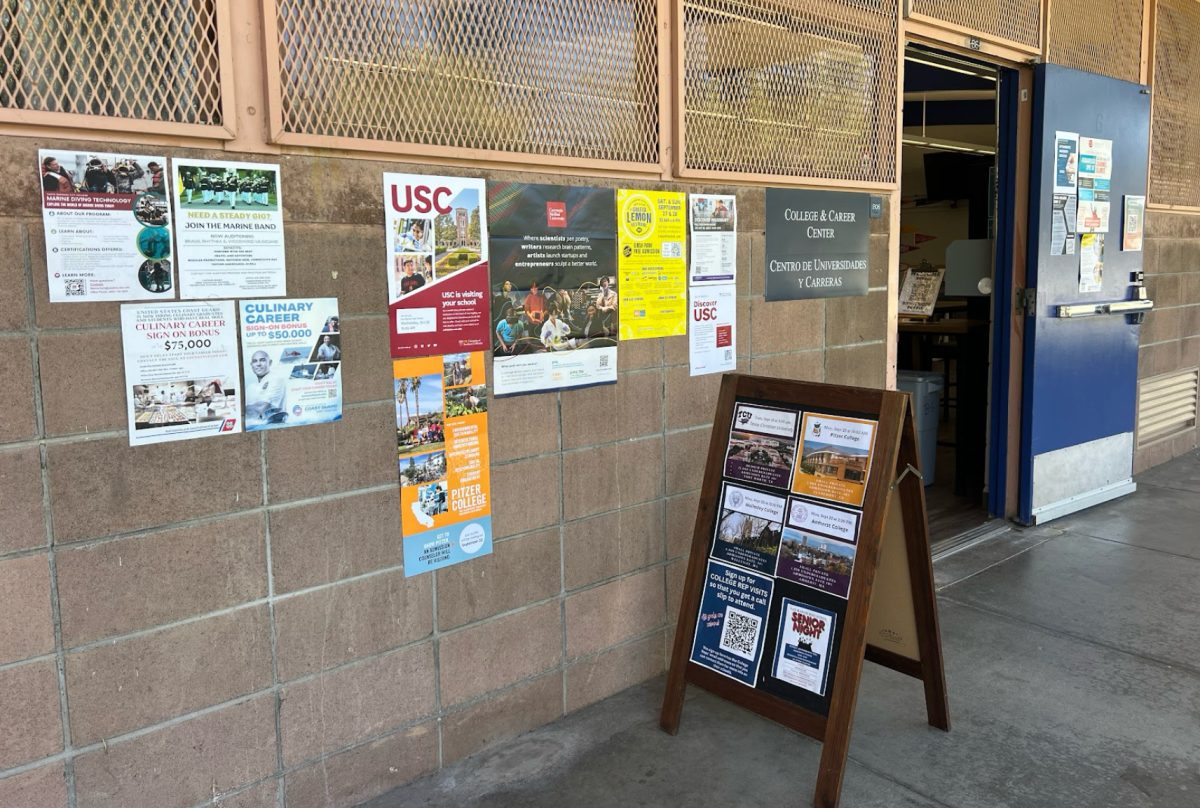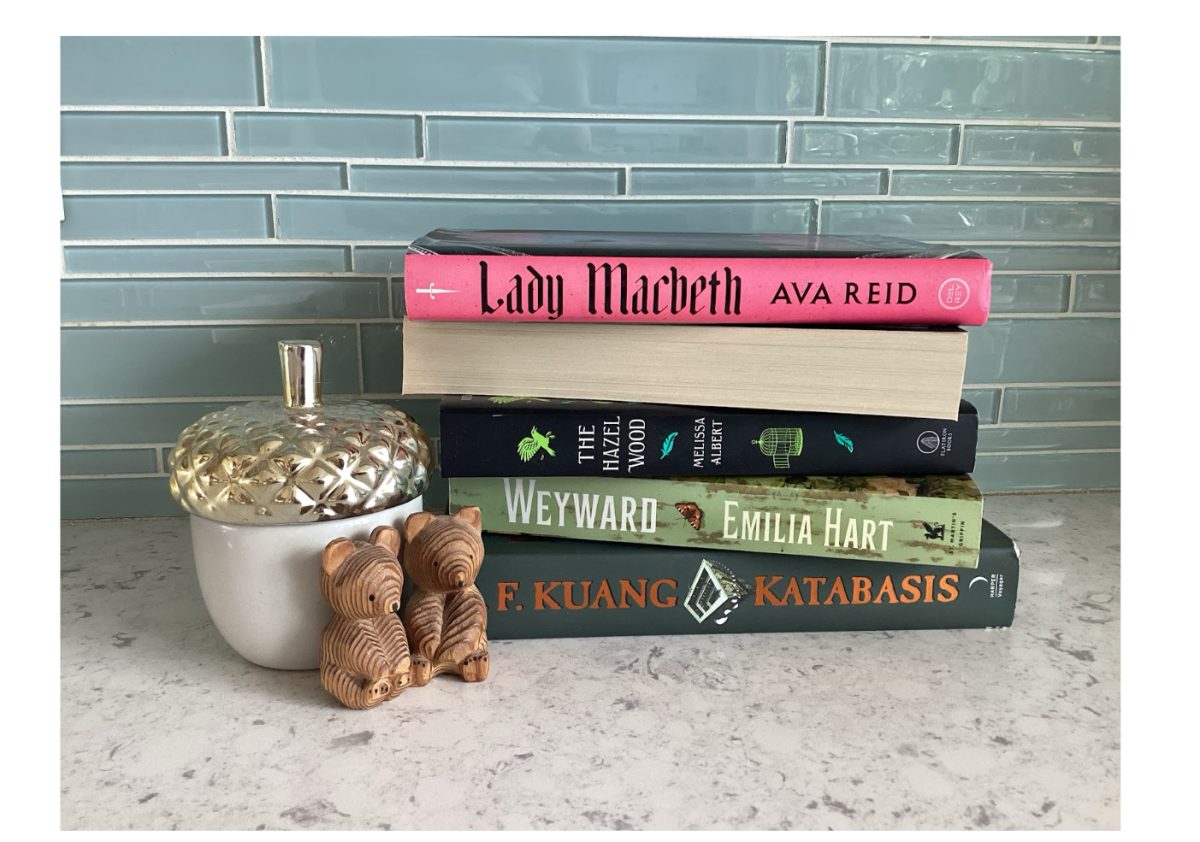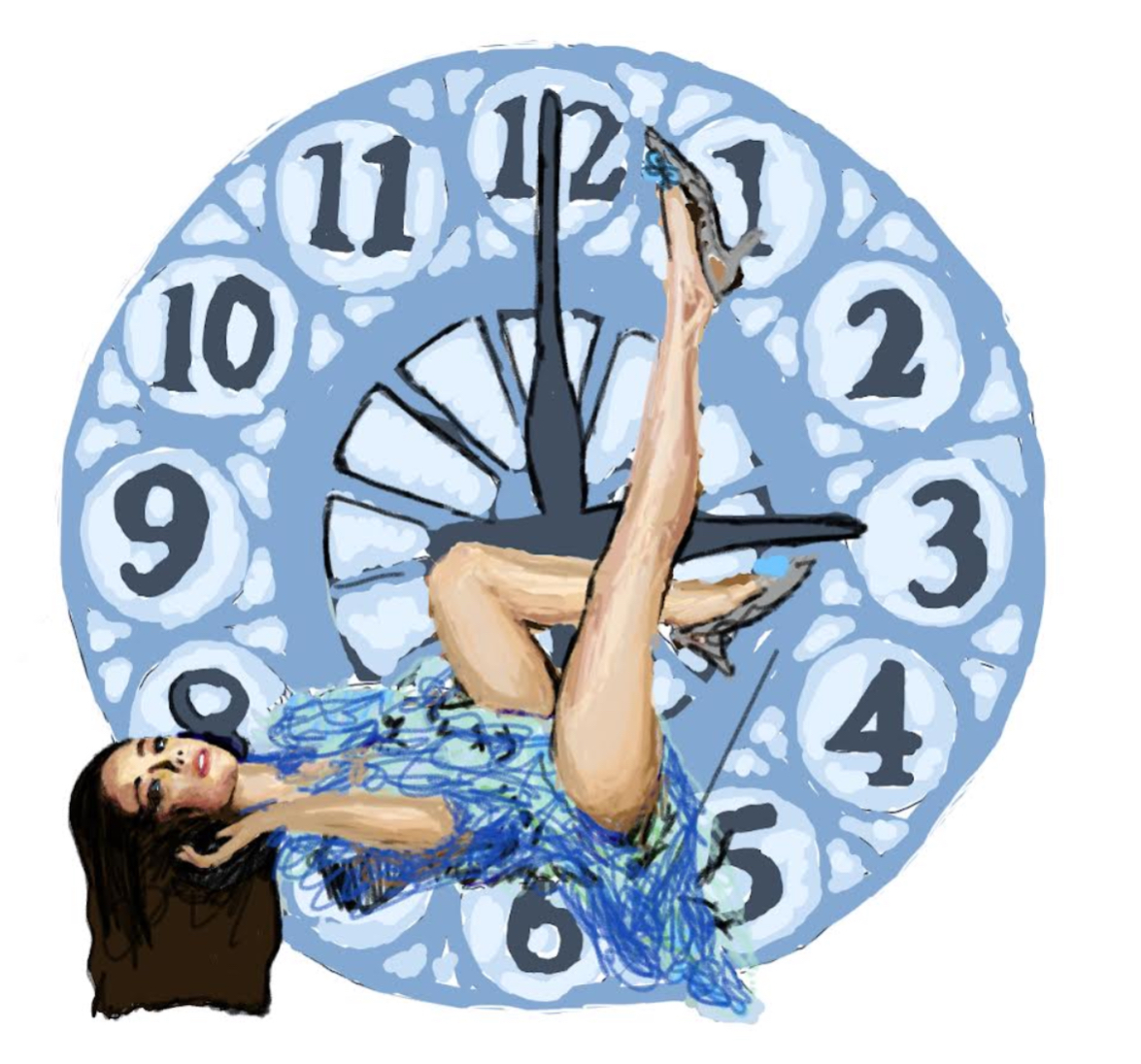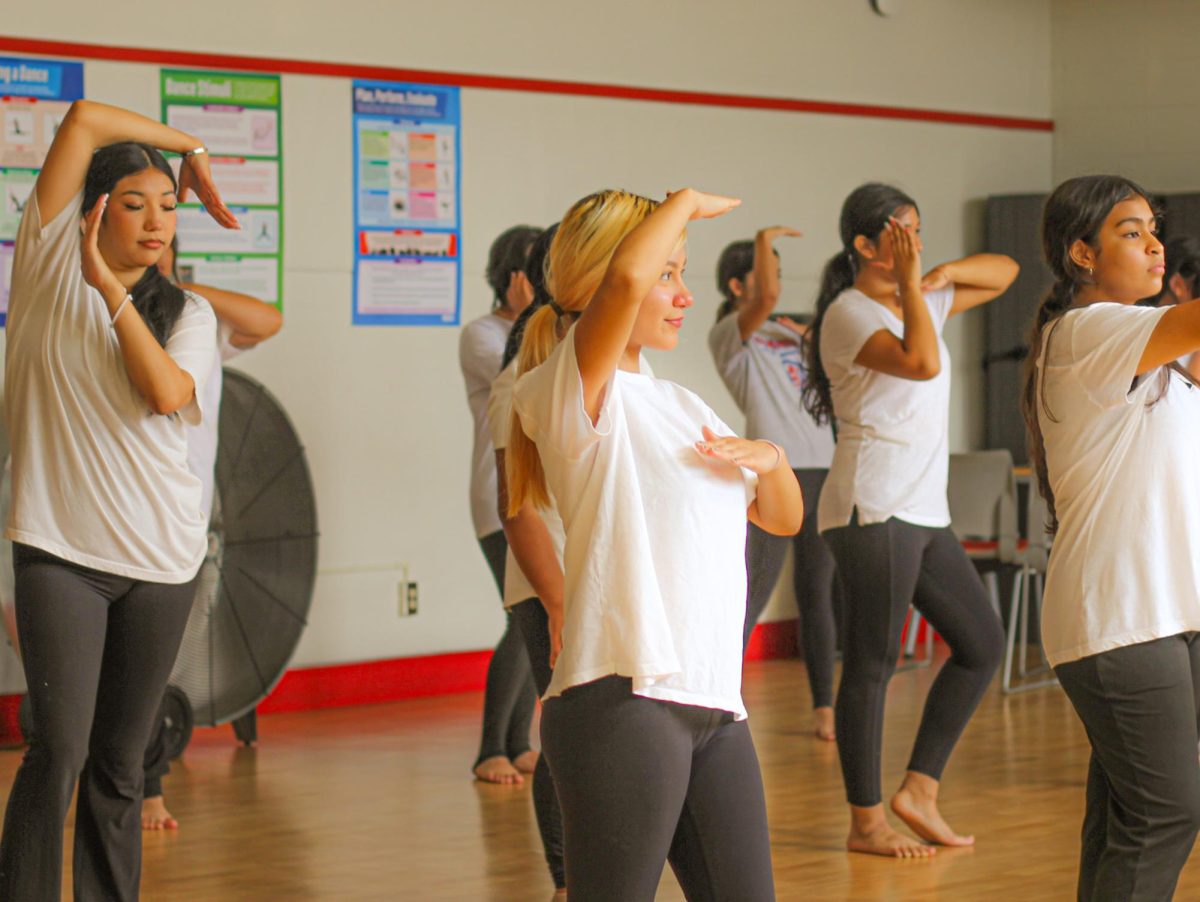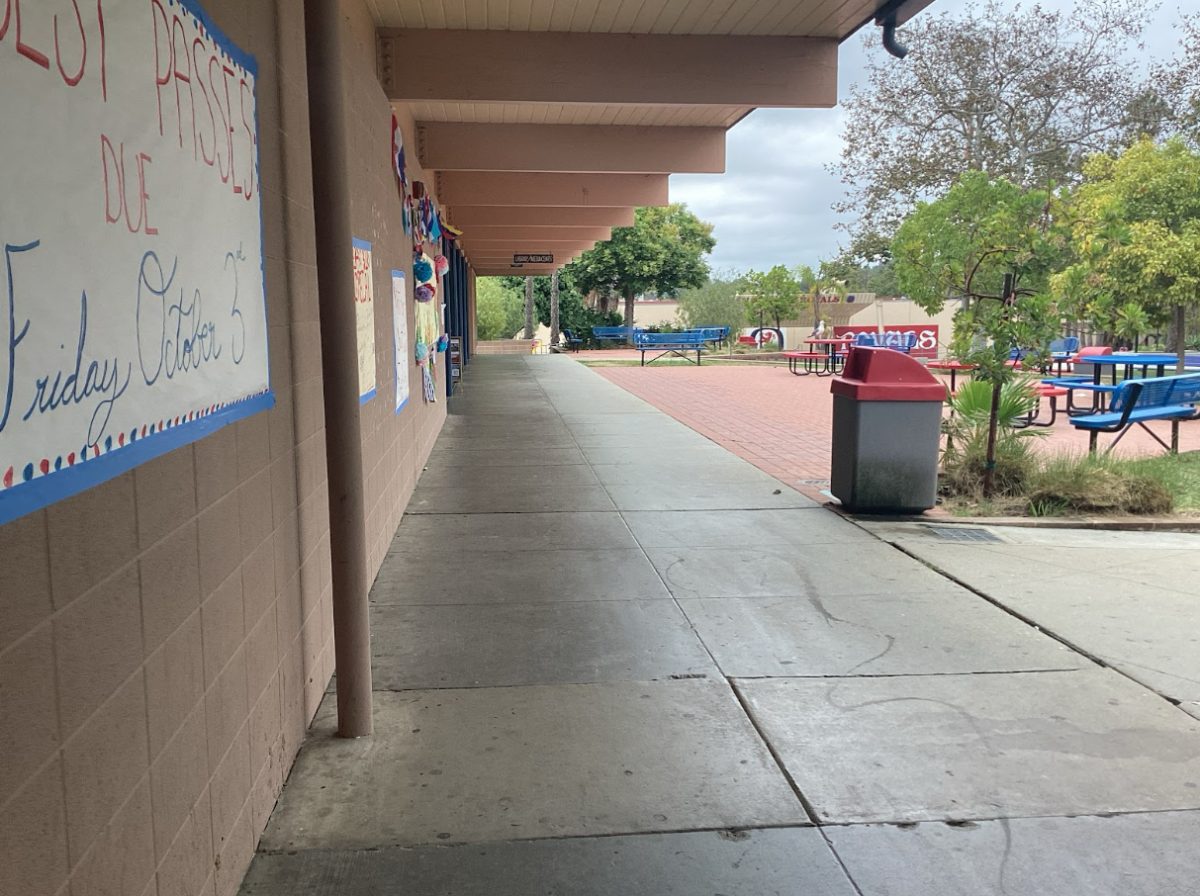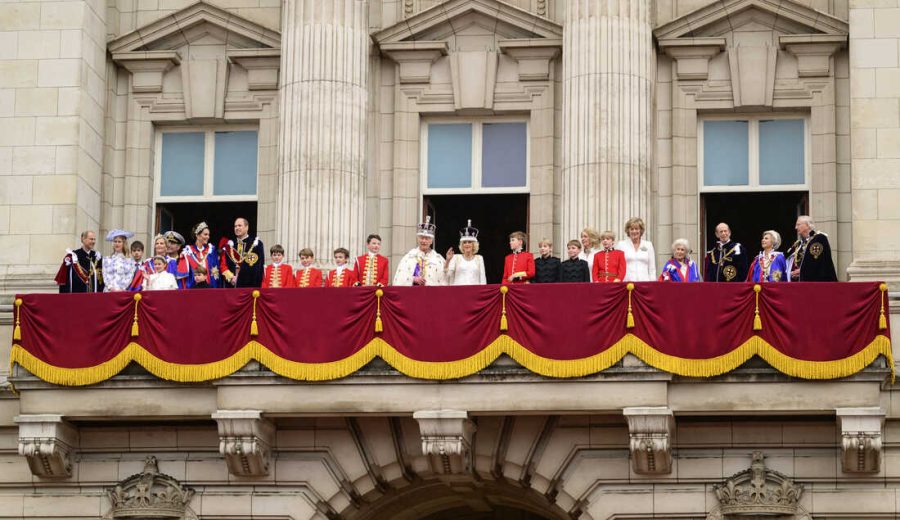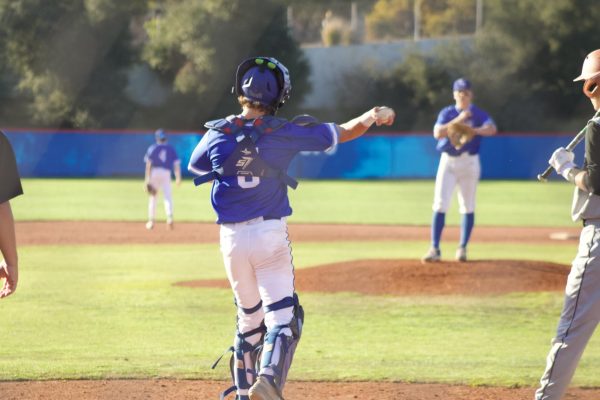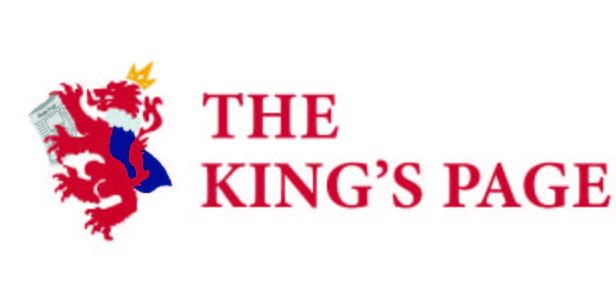Not Our Royals
This month Charles III was crowned King of England, stirring up protests against and questions toward the monarchy.
On September 8, 2022, the 96-year-old Queen Elizabeth II died of old age, being one of the longest-reigning monarchs in history (and the longest-reigning monarch in the United Kingdom). She was succeeded by her son, Charles III. King Charles III is one of four children to the deceased queen, however, he was first in line for the crown.
A few months after the queen’s death, on May 6, 2023, Charles III was crowned King of the United Kingdom. Although this was a long-awaited day for some, there were those who did not agree with the royal coronation.
The coronation was held at Westminster Abbey, Britain’s coronation church since 1066. The Archbishop of Canterbury crowned King Charles III and Camilla the 29th Queen Consort. Attending were members of the royal family as well as some celebrity guests. Most notable from the royal family were Prince William and Princess Kate, with their three children. Additionally, Prince Harry made a return for the coronation while Meghan, Duchess of Sussex remained in California. The main celebrity appearances included Emma Thompson, Joanna Lumley, and more. Katy Perry and Lionel Richie were also in attendance and both performed at the royal coronation concert the following day.
As the coronation ceremony happened, protestors gathered along the route the ceremony occurred. Many anti-monarchists saw the new coronation as an opportunity to bring attention to their movement.
“There’s absolutely no reason why we should have a monarchy at this day and age,” said a protestor, Dympna Loral to CNN.
Many of the protesters on the day were in the younger demographic and findings from a poll commissioned by BBC show that only 32% of people aged 18-22 backed the idea of monarchy.
“The monarchy is an outdated institution that has no place in a modern democracy,” said a protestor, Grant Meyer.
On the day of the coronation, there were other concerns that the police had aside from protestors. Great measures were taken to allow the coronation to happen with no disruptions. With over 11,500 police officers deployed on May 6 in London, the coronation became one of the most protected events of the UK in many years. According to CNN, even Police Commissioner Mark Rowley said there would be “very low tolerance for disruption.” This led to 64 total arrests on coronation day relating to potential disturbances of the event.
Out of those, six were anti-monarchy protesters. According to CNN, these protestors, “have since been released and will face no further action.” Unlike the protestors, however, there were four people out of those arrested who were charged. In the following weeks, police received a wave of criticism for the way they handled the coronation protests as well as for arrests made on the day.
There are also those who see a future for the monarchy in the modern world.
San Marcos AP World History teacher, Mr. Oftedal explained, “The monarchy is something that has been an integral part of English nationalism and English pride as well as a sign of stability…Britain is a very different place than even 100 years ago and they need to be able to represent a changing and evolving Britain.”
With this, the reign of King Charles III begins and the country awaits to see the type of king he will be as well as what the future of the monarchy will look like.
Your donation will support the student journalists of San Marcos High School. Your contribution will allow us to purchase equipment and cover our annual website hosting costs.

Avital is a 12th grader at San Marcos High School. She has been a guest writer for the King’s Page since the spring of her sophomore year and is now...

